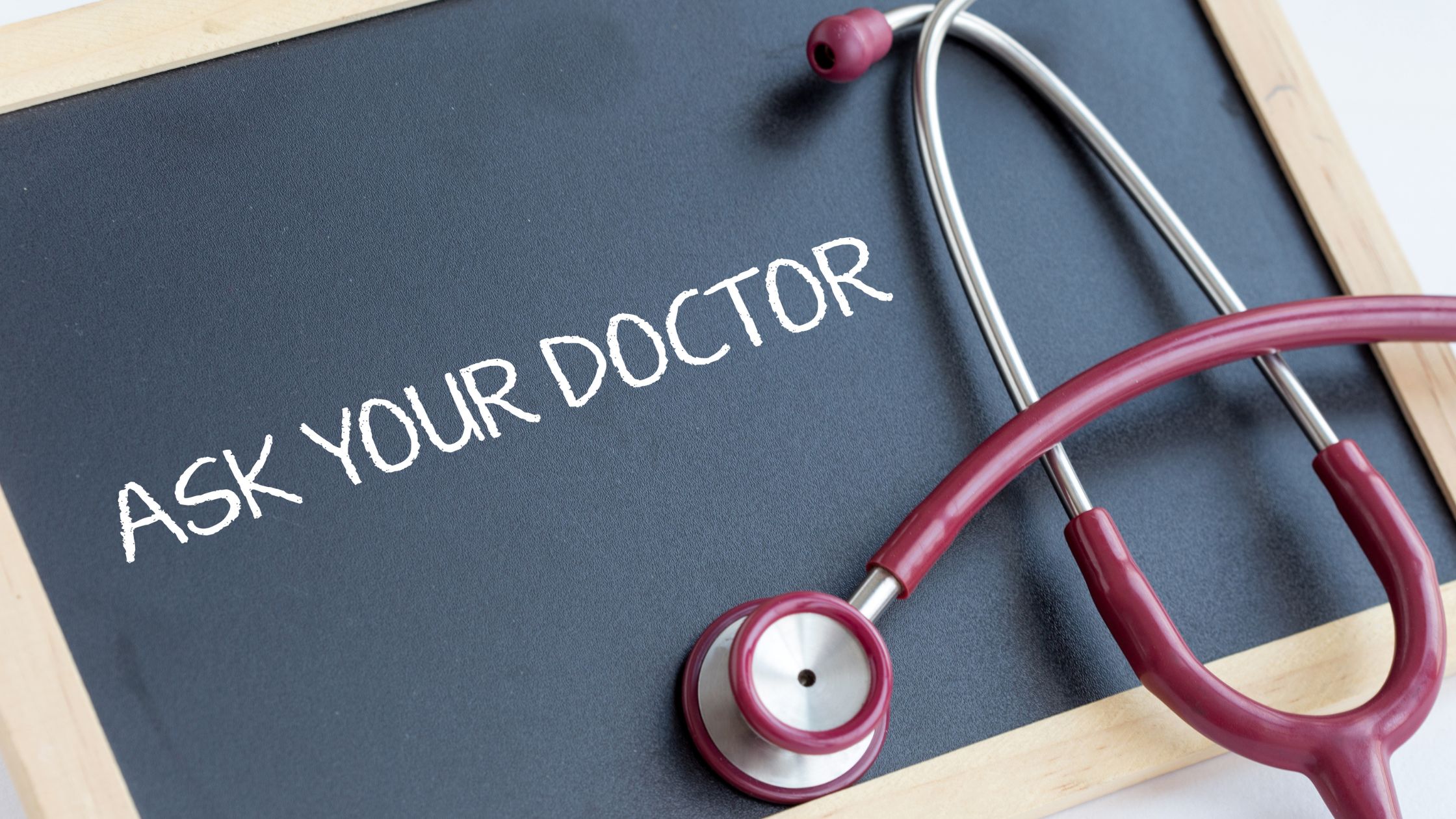One of the main reasons we seek care from our doctors is to get ourselves checked for any health concerns. Doctors acquire years of training to understand the human body, so it’s only natural that we ask for their expertise in caring for our bodies.
But like any typical interaction, challenges to getting the message through are inevitable, especially since only a few people are familiar with medical jargon. This creates a communication gap as patients often find it difficult to decipher what their doctor is trying to tell them.
The truth is there is a hidden assumption in the healthcare system that patients can understand all the information their doctors give. It’s an epidemic that leaves many people in the dark, along with the responsibility that they are able to make decisions using limited knowledge and understanding.
That’s why it’s no surprise that most of us often find ourselves wondering if we really understood what the doctor explained because, chances are, that although we only thought we did, we may have missed some key concepts.
Why Don’t I Remember What the Doctor Said?
Being unable to grasp what our doctors are saying entirely isn’t in any way related to our mental capacity or IQ, as it’s more connected to other factors out of our control, for example, stress. As mentioned, getting treated for our health concerns is the number one reason we seek medical care. Some health issues may even find us in pain or worried about our diagnosis, including worrying about further steps we’ll have to take.

That’s why it’s natural for most of us to already be feeling too stressed to comprehend our doctors. Stress can hinder you from focusing and recalling information handed down to you. We tend to be overwhelmed by a mix of anxiety, pressure, and sometimes even frustration about measures required of us to a point where it overpowers our capacity to understand.
What is going to happen to me? Will I need to take more tests? Is it a life-threatening disease? How will I be able to pay for the expenses? These are only some of the questions that may run through our heads, affecting our ability to process and remember information as we, too, worry about other related matters.
Additionally, differences in the way we take in and process information also affects our health literacy. While 30% of people are auditory learners, meaning they take in information and concepts best by hearing the information, most people, or 65%, understand information best when they can see something explained. That’s why it’s no surprise visual learners have the most difficulty understanding their doctors unless visual aids or tools are used.
So, what happens when we don’t understand our doctors? If we don’t comprehend what our doctor is saying or we cannot recall important health information there’s a big chance that we will fail to implement the necessary changes required and thus this can result in our experiencing poorer health outcomes. Clear communication is vital in all aspects of life, but more so when it directly impacts the quality of our health.
Tips To Recall Information on Your Next Visit
On that note, there are ways for us to maximize our chances of remembering everything discussed during our visit to the doctor. Whether that be for an illness diagnosis or just a routine check-up, here are some tips and strategies to try.
Write Down All Important Points

Having a pen and notepaper with you is helpful so you can write down al thel important points right after hearing them so you have a clearer understanding close at hand. This will ensure clarity on subsequent visits and when you try to recall this conversation later on.
Take Pictures (if Possible)

We all have mobile phones, and pictures can jog our memory because we look at them repeatedly, just like we might revisit an old friend. Now I’m no artist, but I often draw simple pictures to illustrate what we’re talking about, so I usually give them to my patients with written instructions. If your health professional draws their explanations, don’t hesitate to ask if you can have the picture.
Don’t Hesitate To Ask Questions

Another crucial thing to do is to ask as many questions as you have about your condition. Not only do doctors enjoy answering them, but they also love helping you understand more about your body and your health. The thing is, sometimes health concerns don’t really make sense unless you ask specifically about them. So, don’t hesitate, and be sure to question everything unclear to you about your health and how to better care for it.
Bridge the Communication Gap for Better Health Care
Many factors affect how well we understand our doctors. But that doesn’t mean there’s nothing we can do to improve our capacity to comprehend them. Communication is essential to mutual understanding, but communication only works if we also take an active role in it.
Understanding our doctors and the information they provide is crucial for our well-being. The communication gap between patients and healthcare professionals is a common challenge, but it doesn’t have to be an insurmountable one. Stress, worries, and different learning styles can all contribute to our difficulty in comprehending medical information.
However, by employing some practical strategies, we can bridge this gap and enhance our health literacy. Taking notes, capturing visual aids, and asking questions are simple yet effective ways to improve our understanding during doctor visits. Remember, clear communication is vital for the quality of our healthcare, and it’s up to us to actively participate in the process. So let’s take the necessary steps to enhance our health literacy and empower ourselves to make informed decisions about our well-being.
Enjoyed This Article? You Might Like These Too…
Let’s Move It: Maintaining Your Healthy Body In Midlife
The Delay Dilemma: Why Women Hesitate to Call for Help During Heart Attacks

